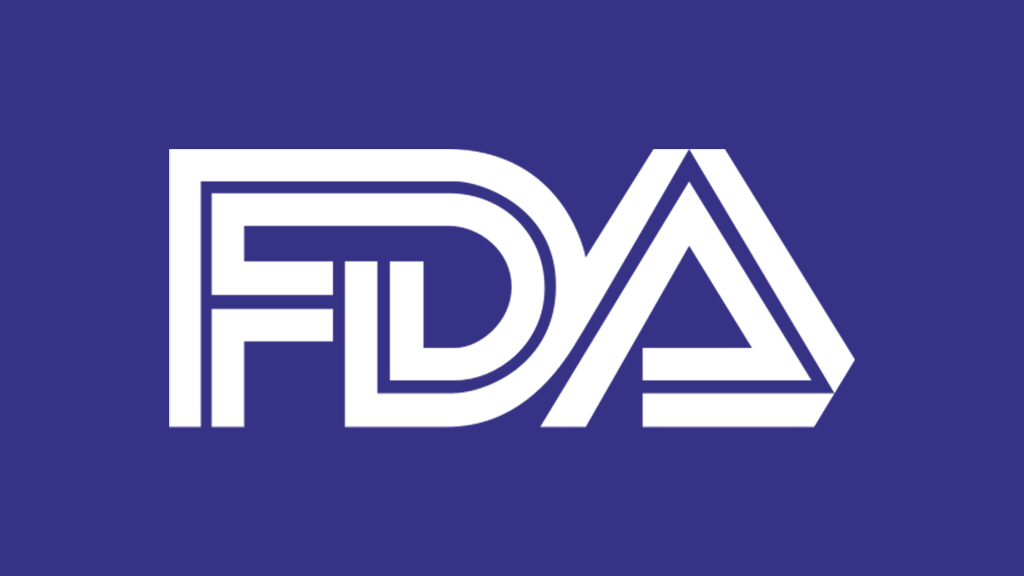

January 18, 2024 : In a landmark advancement for early-stage skin cancer detection, the U.S. Food and Drug Administration (FDA) has granted marketing clearance to DermaSensor’s innovative AI-powered device. This represents a significant milestone in utilizing artificial intelligence (AI) for medical diagnostics, offering immense potential for transforming skin cancer diagnosis and improving patient outcomes.
The DermaSensor device operates through a non-invasive approach, utilizing spectroscopy technology to analyze tissue at a cellular level. This analysis is then powered by an FDA-cleared AI algorithm trained on a vast dataset of skin lesions, enabling the device to differentiate between benign and malignant lesions with remarkable accuracy. Studies have shown the device boasts a 96% sensitivity in detecting all common skin cancers, including melanoma, basal cell carcinoma, and squamous cell carcinoma.
Beyond its impressive accuracy, the DermaSensor device offers several key advantages. Its non-invasive nature eliminates the need for painful biopsies, potentially reducing patient anxiety and improving diagnosis compliance. Additionally, its immediate results provide faster diagnosis and treatment initiation, crucial for optimal outcomes in skin cancer cases.
The FDA’s clearance of the DermaSensor device represents a significant step forward in democratizing access to advanced skin cancer detection technologies. This can revolutionize primary care practices, empowering physicians with a readily available, accurate, non-invasive tool for early-stage skin cancer detection.
However, it is crucial to acknowledge that the DermaSensor device is intended as a diagnostic aid rather than a definitive replacement for clinical judgment and expertise. Dermatologists emphasize the importance of interpreting DermaSensor results within the context of a patient’s medical history and physical examination.
Despite these considerations, the DermaSensor device holds immense promise for the future of skin cancer detection. Its accessibility, accuracy, and speed offer the potential to save lives by enabling earlier diagnosis and intervention. The FDA’s clearance paves the way for wider adoption of this innovative technology, marking a significant leap forward in the fight against skin cancer.